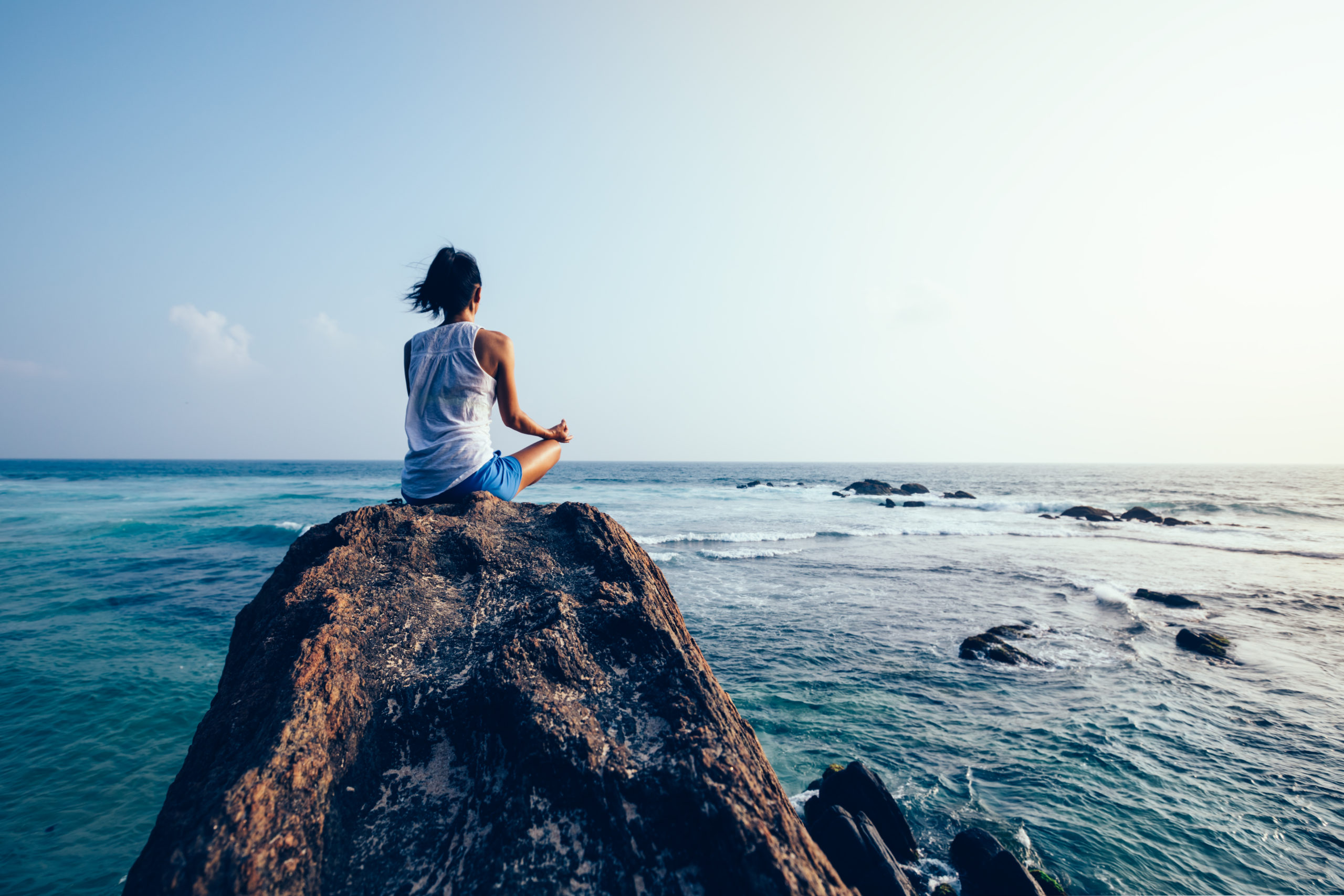Connect with us
Published
3 years agoon

Cannabis consumers are well aware of their relationship with the plant and the plentiful mental and physical benefits many consumers enjoy. Those who have enjoyed psychedelics like LSD and psilocybin can speak to a further, more abstract concept, known as oceanic boundlessness, a feeling of oneness with the world and an awe-inspired response to one’s sense of being.
Now, new research from the Journal of Psychopharmacology dives into that same conversation, in the lens of cannabis, finding preliminary evidence that cannabis in high doses can produce this same oceanic boundlessness and altered state of being.
The study author, University at Albany Professor of Psychology Mitch Earleywine told PsyPost, “Once the psilocybin labs started emphasizing that oceanic boundlessness seemed to be the mechanism underlying the molecule’s antidepressant effects, nearly every cannabis fan couldn’t help but ask, ‘Hey! Doesn’t marijuana have comparable effects?’”
The researchers recruited a sample of 852 cannabis users from Facebook and Amazon Mechanical Turk/ Participants reported the average number of days per month they used cannabis over the past year and their average subjective high (0 being “not at all high” and 4 being “very high”). Participants also completed an anonymous survey on their most dramatic THC experiences. The survey included elements of the oceanic boundlessness subscale of the Altered States Consciousness Scale, a questionnaire often used in psychedelic research.
The study phrases, “By highest high, we mean the peak effects you experienced from the plant at one specific time. Please choose a specific incident that was the highest you ever felt.”
The researchers hypothesized higher doses would lead to more dramatic effects, and those with a higher tolerance would likely see fewer effects even in higher doses. Researchers regressed the mystical experience score on sex, age, cannabis used per month, average high, best guess of THC amount consumed, guess accuracy and interaction of the guess and accuracy.
The aim ultimately points to the benefits currently being explored in regard to psilocybin, as a combatant of depression, with “complete” oceanic boundlessness experiences more strongly linked to decrease in depression than those “non-complete” experiences. Could cannabis have that same potential, offering those same benefits we see from psychedelic substances in a therapeutic setting?
Of the 27 items participants were surveyed on, the study required a total score of 81 to call the participant’s experience with cannabis a “completer” or “breakthrough,” like a psilocybin experience that prompts someone to quit smoking, for example. They broke the groups into two and found, for the first sample, 75/421 (17.8 percent) qualified and 86/421 (20.45 percent) of the second sample qualified.
The percentages show promise, but they are significantly smaller than estimates given from former psilocybin trials. The study notes recent work around oceanic boundlessness as a predictor or psilocybin’s antidepressant effects found 11/19 (57.89 percent) of participants qualified.
In short, from the findings, cannabis does not seem to induce oceanic boundlessness as reliably as classic psychedelic drugs.
The study notes, “The potential promise of THC-assisted psychotherapy needs markedly more than a simple chance to induce mystical experiences. The treatment can undoubtedly benefit from the lessons provided by the administration of ketamine (Dore et al., 2019; Singh et al., 2017), psilocybin (Roseman et al., 2018), ayahuasca (Mian et al., 2020; Palhano-Fontes et al., 2019) and MDMA (Marseille et al., 2020).”
In addition, they say the most successful outcomes come with a careful attention to set and setting. It’s a good first step in recognizing that THC has the potential to induce those same mystical experiences psilocybin or LSD brings, which can lead to life-changing therapeutic results.
“We need to bring folks into the lab to see if these effects are real, then get approval for a clinical trial,” Earleywine said. “I don’t recommend the home game. Cannabis can make depression worse for some people, or so it seems.”


Study Reveals State Cannabis Legalization Lowers Immigrant Deportation


DEA Challenges Bid To Use Psilocybin Under ‘Right To Try’ Legislation


Vegans Rejoice as Farmers Switch from Chickens to Hemp


Louisiana Legislative Committee Unanimously Passes Adult-Use Cannabis Framework Bill


Louisiana House Bill to Regulate Hemp Products Advances Along With Senate Bill to Ban


Cresco Labs Workers Reportedly De-Unionize
